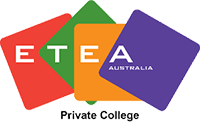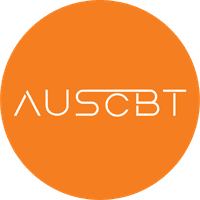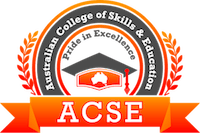
This role has a high level of AI exposure. While some human skills are required, many tasks could be automated or replaced by new technology.
Explore all careersAn Assistant Accountant supports a financial team by managing accounts, processing transactions, and preparing reports while adapting to varied tasks.
Get qualified to work as an Assistant Accountant with a course recognised across Australia. Speak to a training provider to learn more.






























In Australia, a full time Assistant Accountant generally earns $1,538 per week ($79,976 annual salary) before tax. This is a median figure for full-time employees and should be considered a guide only. As you gain more experience you can expect a potentially higher salary than people who are new to the industry.
 Courses.com.au Team
Courses.com.au Team
The financial sector has seen a slight increase in employee numbers over the last five years. There are currently 130,100 people in the accounting industry in Australia and many of them are employed as Assistant Accountants. Assistant Accountants may find work across all regions of Australia.
Source: Australian Government Labour Market Insights
 Courses.com.au Team
Courses.com.au Team
If you’re planning a career as an Assistant Accountant you could consider enrolling in a Certificate IV in Accounting. This course will cover topics such as preparing financial reports, making financial calculations and using accounting technology. You could also think about a Certificate IV in Bookkeeping or a Certificate IV in Accounting and Bookkeeping. You could also further your studies with a Diploma of Accounting.
 Courses.com.au Team
Courses.com.au Team
Browse occupations related to Assistant Accountant



If you're considering a career in finance, the Assistant Accountant courses in Melbourne provide an excellent pathway to get started. Enrol in courses offered by esteemed training providers like SPI, which teaches the Certificate IV in Accounting and Bookkeeping, or VU, known for its Diploma of Accounting. With a local focus, these courses equip you with the necessary skills and knowledge to thrive as an Assistant Accountant in Melbourne's dynamic business environment.
Completing these courses opens doors to various job roles in the accounting and finance sectors. For instance, as an Assistant Accountant, you might find yourself working as a Accounts Clerk or advancing to roles like Bookkeeper and Accounts Officer. Alternatively, pursuing further education could lead you to positions such as Accounting Manager or Financial Controller. The skills learned in these courses are versatile, allowing you to explore various career paths within the finance sector.
In addition to the formal education, aspiring finance professionals can benefit from the diverse range of related fields of study. Whether you're interested in Accounting, Bookkeeping, or broader Finance courses, there's ample opportunity to specialise further. With several recognised training providers in Melbourne, including Chisholm Institute offering the Associate Degree of Business (Accounting), you can find a course that suits your aspirations and supports your career goals in this vibrant city.